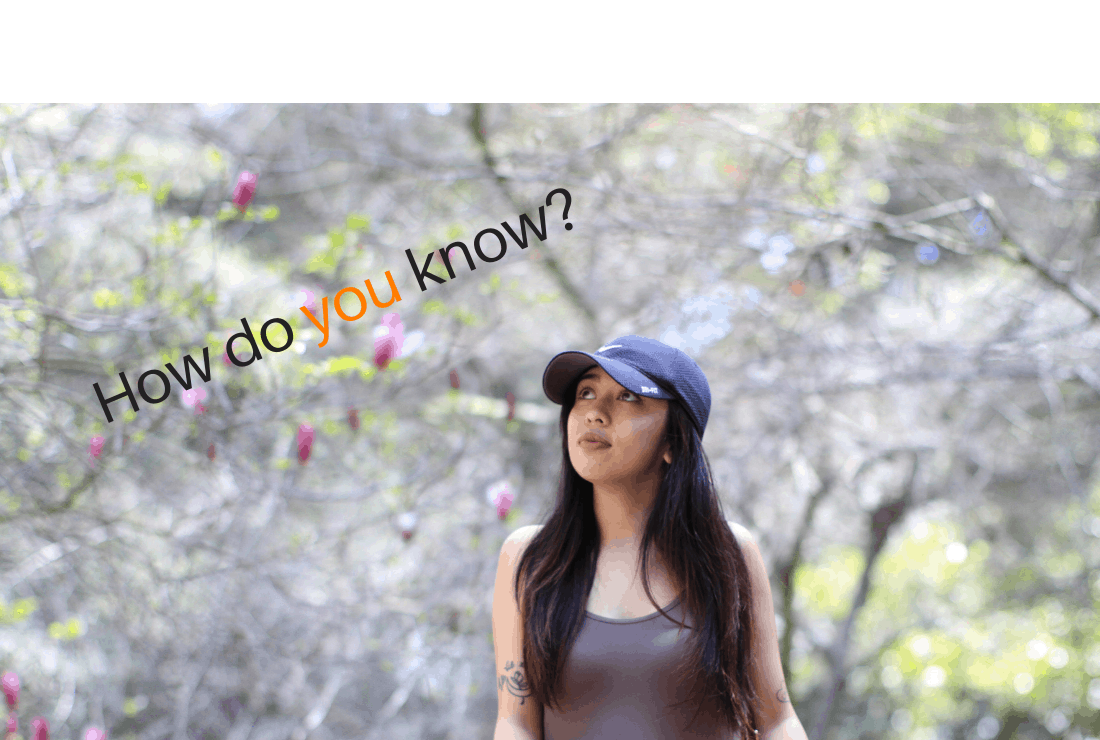
How do you know Alexander Technique is working?
It can be subtle and sometimes tricky to know – is it working?
I’ve had several conversations with people around this question. I’ve made a short video blog (sorry it is so shaky) with my take on this question.
What is your experience of having Alexander Technique lessons?
Interesting some people notice the changes very easily – for other people it is a good idea to be looking for external signs of change.
Here is the video transcript for those that prefer reading
Hi, everyone. It’s Kathy from BodyMinded, Sydney Alexander Technique. I’m here because I want to answer a question that quite a few people have asked, or I’ve observed people asking, anyway. So the question for today is how do you know if Alexander Technique is working. So, to answer this question, I’m going to tell you a little story. So I’ve been around the Alexander community for you know, quite a long time, let’s say three decades. Yup, 30 years. So if you don’t know me, I’m Kathy Driscoll, I’m part of the partnership that is BodyMinded, and it’s my husband, Greg Holdaway, who is the director of BodyMinded, and he’s the one that I’ve known for 30 years. I met him just as his was starting his Alexander Technique training.
So I was a bit of a guinea pig. I found out a lot about it because he talked incessantly about it as he was training and he needed to practise on people. So I thought I knew everything. And then it came to, he was a third year student and he was in the class and his colleagues needed to have clinic lessons, to do clinic lessons before they graduated. So I was a helpful girlfriend and part of the community and went along and had my first actual formal Alexander Technique lesson and I must say I went in thinking that I understood everything. That I knew what it would be like, because the other thing to let you know is, I was, at that time, a professional dancer. So totally into understanding how I move. So there you go, I was a bit of a hard student for that inexperienced teacher.
He did really, really well, and I had an interesting time. I don’t remember the details. It was 30 years ago. But what I do remember is getting into the car afterward and sitting down, putting my seatbelt on and getting ready to reverse and looking up at the mirror, and it was totally in the wrong place. I had to lift my hand and adjust my mirror, not by two millimetres but by five centimetres. And so I was sitting in the car and I was like, okay, this Alexander Technique has made a difference. I am actually organised in a different way and I have external feedback.
So that was an interesting experience, because it took me by surprise that I hadn’t noticed that that much change had been happening with my coordination in that first lesson. Now, I’ve had hundreds of lessons since then, and there are lots of clues or things externally that give you an idea, is this working? Is it actually making a difference? The question comes up because a lot of the time, what happens when you’re working with an Alexander Technique teacher is so subtle. It’s so gentle. It seems like nothing. And then it’s like, well, did that make a difference or not?
So a few things you can use as external markers. One is you can check the rear view mirror in the car when you get in and just figure out if that’s changed. If, for example, at the end of your lesson, you’re walking to the train station, maybe you can just notice how it might be a little different. Your hips might be working differently or your knees or your sense of how you’re holding your backpack. So you’ll actually just be looking for how you are interacting differently into the world. And I’m sure you’ll find evidence that Alexander Technique and applying Alexander Technique principles does actually work.
So one more story and then I’ll finish. So there’s one lady that worked with Greg for a long time. She came and her challenge, she had terrible migraines and headaches. And she office worker, mature adult, not old, not young. Kind of middle aged and just had this real genuine challenge about taking medication all the time for her headache. And I don’t know how she found Alexander Technique. Maybe a friend told her. I’m not sure how she found us. But she started working with Greg and ended up staying for a couple of rounds of series of lessons. And then one day, when I saw her and we were making a cup of tea in the room, and I was like, “How are you going and what’s happening?” And she was just talking kind of casually to me.
And then she said, get this, she said, “I don’t take headache pills anymore.” So there you go. That is evidence that something had changed and was working for her. And she said, in that conversation, she said, “I think it’s Alexander Technique. I’m applying that when I’m at my computer, when I’m working, when I’m feeling stress, and it’s helping.”
So there you go, there’s the question. Does Alexander Technique work? How do you know it’s working? And I encourage you, when you’re having your lessons, to be looking for the clues how you’re interacting with the world and how that’s making a difference.
So I hope that was helpful. Have a great day and I’ll see you soon. Thanks.
If this has sparked your interest and you would like to know more, please get in touch.


